Life
Sign up for our newsletter
We summarize the week's scientific breakthroughs every Thursday.
-
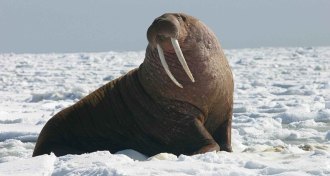 Life
LifeSearch is on for missing pieces in puzzle of male genital diversity
The debate over extreme diversity of male genitalia needs to rethink the female side. And the landscape.
By Susan Milius -
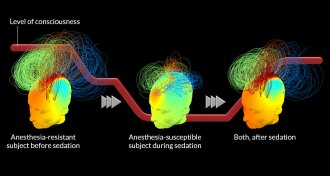 Neuroscience
NeuroscienceMeasuring brain waves may help predict a patient’s response to anesthesia
Brain signatures hint at whether a person will resist or succumb to anesthesia.
-
 Environment
EnvironmentPCB levels still high in Europe’s killer whales, smaller dolphins
PCBs banned for decades still show up at extremely high concentrations in Europe’s killer whales and other dolphins.
By Susan Milius -
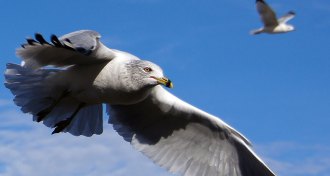 Animals
AnimalsAlien species fly on the wings of ducks and other waterbirds
Ducks, geese and other waterbirds can transport nonnative species and help alien invaders establish themselves.
-
 Science & Society
Science & SocietyInsights into sexes’ differing responses to stress
Chronic stress takes its toll on everyone. One of our reporters follows a line of research suggesting that stress hits women harder (or at least differently) than men.
By Eva Emerson -
 Life
LifeSigns of food allergies may be present at birth
Overactive immune cells may prime babies for food allergies.
-
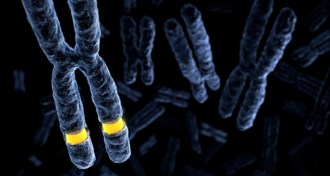 Genetics
GeneticsDrug candidate fails to improve symptoms of fragile X syndrome
A drug designed to treat fragile X syndrome has proven ineffective in clinical trials.
-
 Genetics
GeneticsDrug candidate fails to improve symptoms of fragile X syndrome
A drug designed to treat fragile X syndrome has proven ineffective in clinical trials.
-
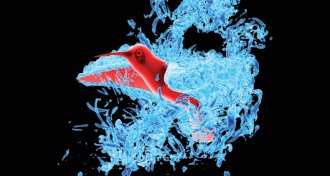 Animals
AnimalsCapturing the wonders of hummingbird flight
Recent computer simulations reveal how hummingbirds manipulate the air around them to aid in flight.
By Andrew Grant -
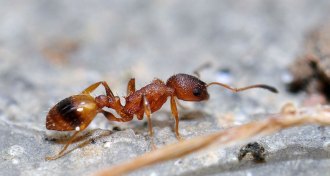 Animals
AnimalsAnts don’t make decisions on the move
Worker ants stand still while processing environmental cues and planning their next moves, a new study suggests.
-
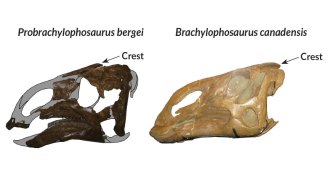 Paleontology
PaleontologyFossils provide link in dino crest evolution
Fossils from a newly identified duck-billed dinosaur in Montana could explain how their descendants developed flamboyant nose crests.
-
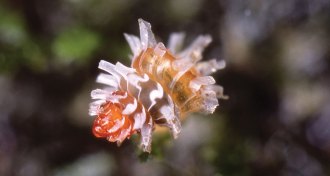 Animals
AnimalsThe fine art of hunting microsnails
Flotation, tact and limestone all prove vital to the quest for microsnails.
By Susan Milius